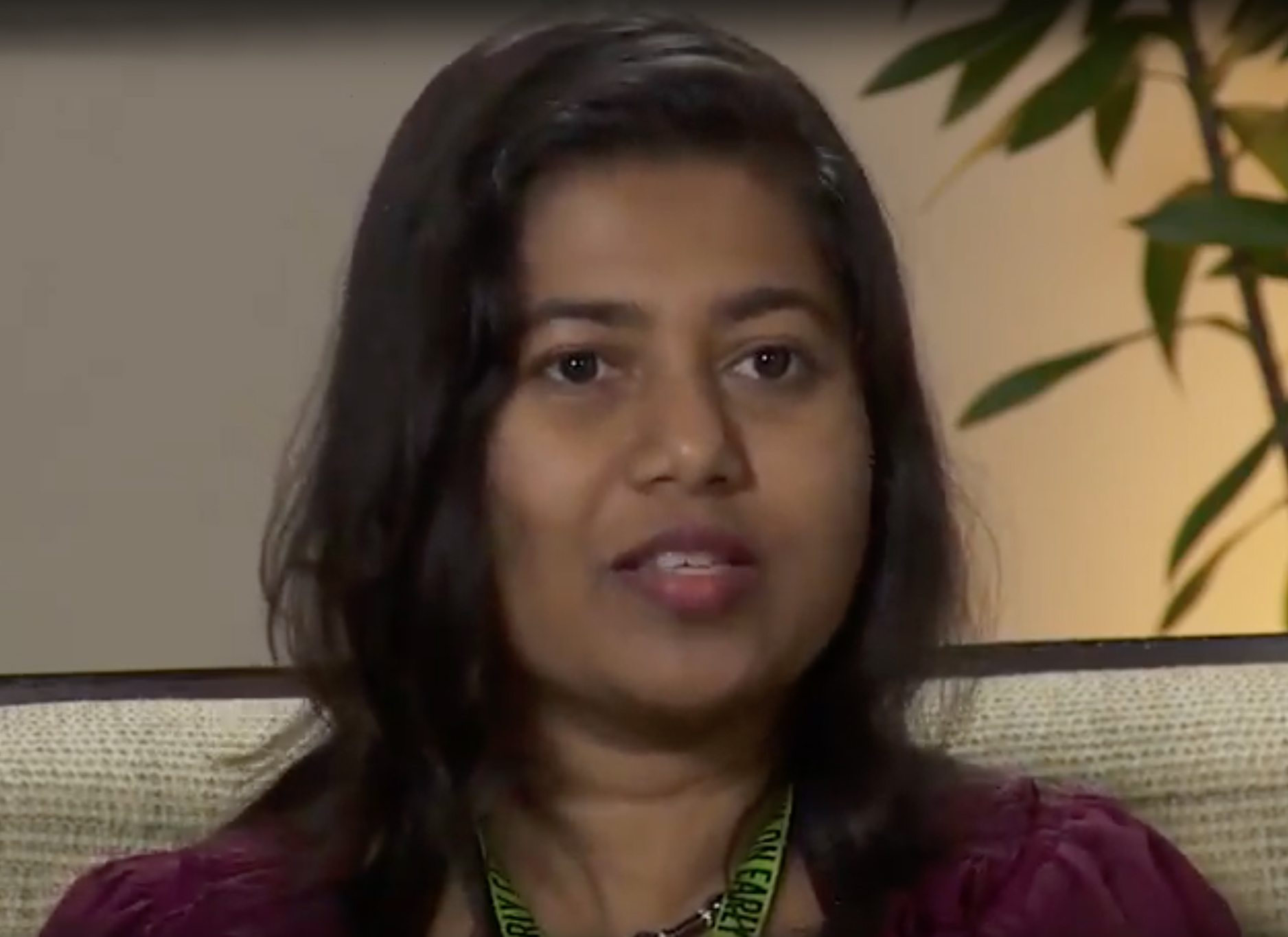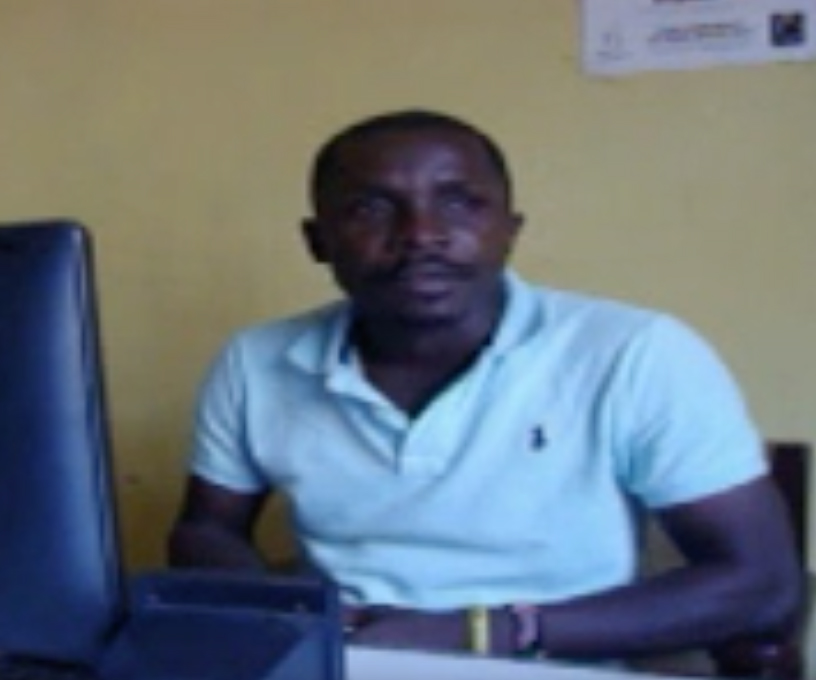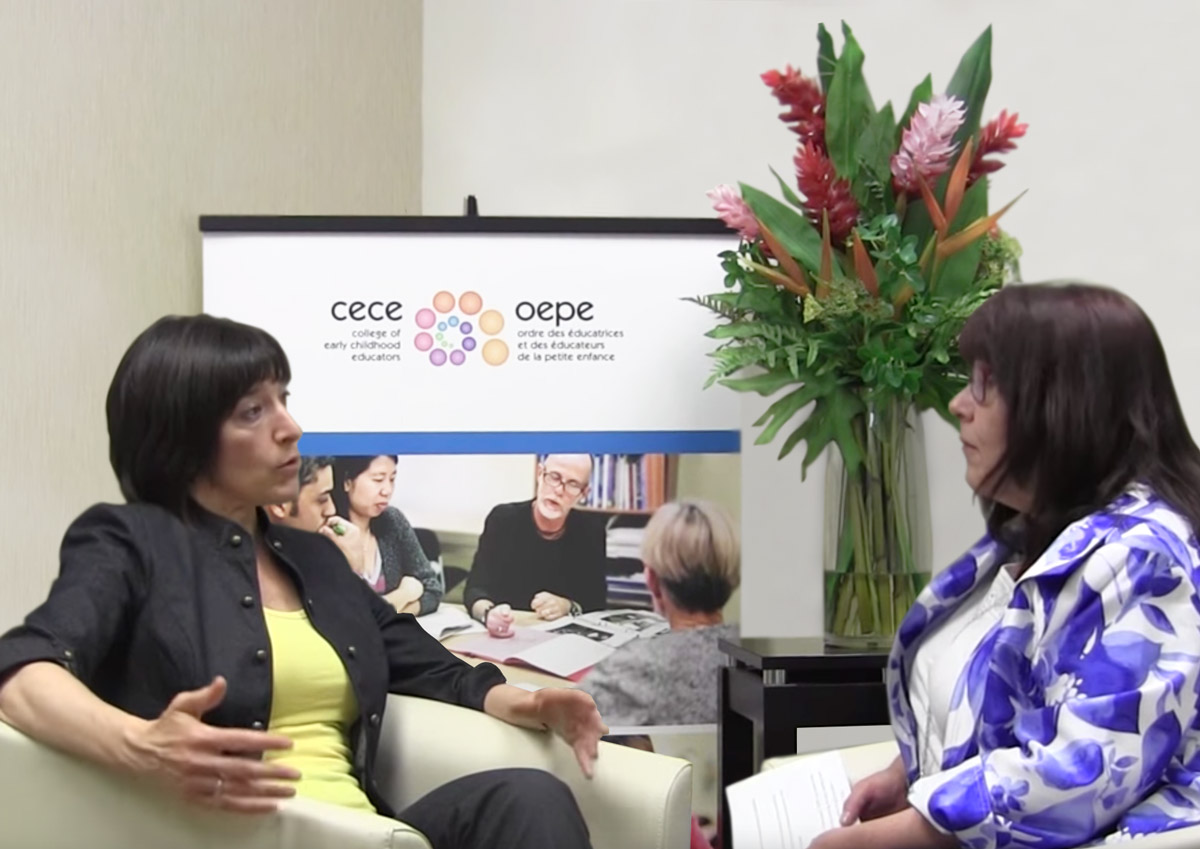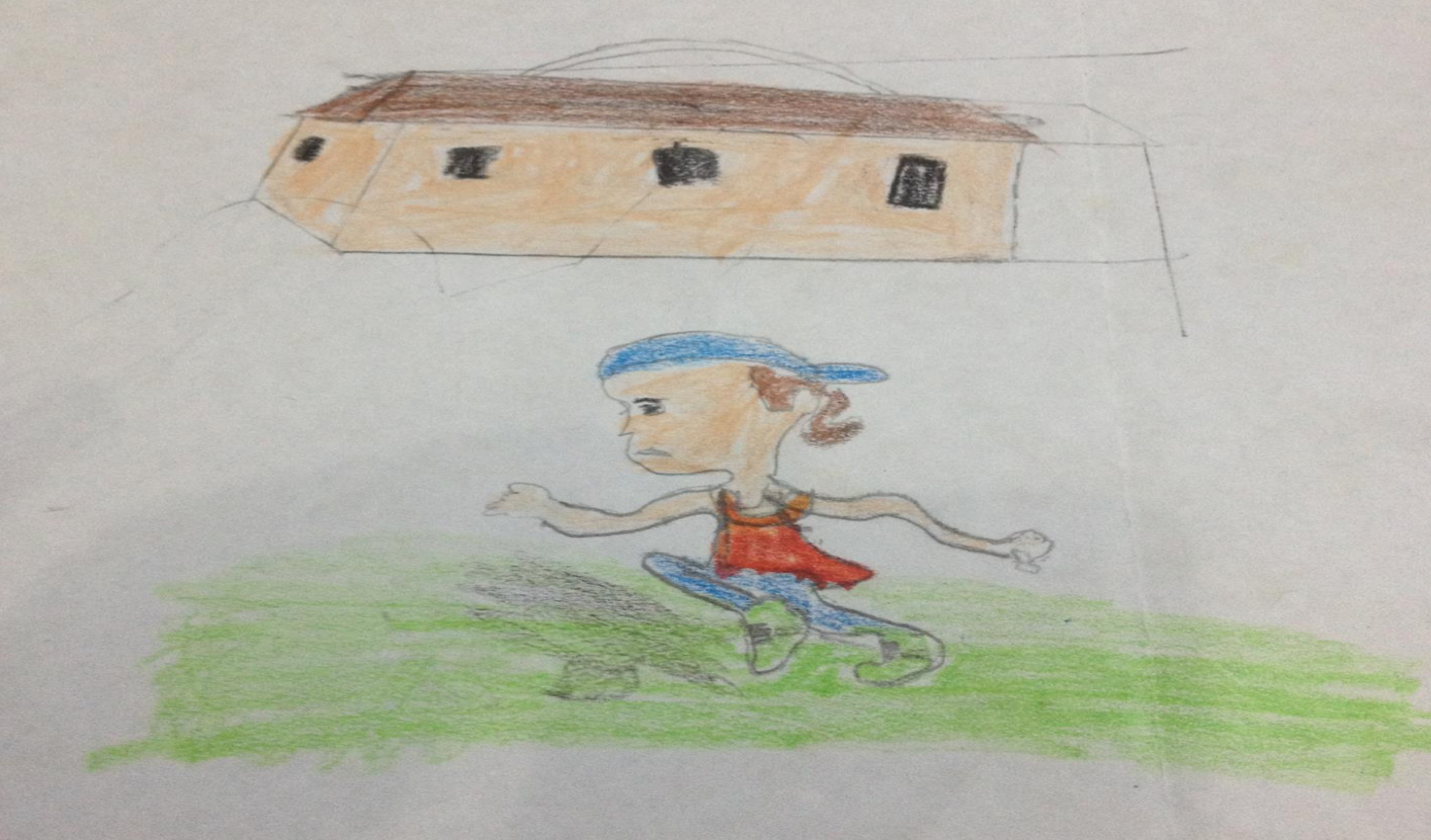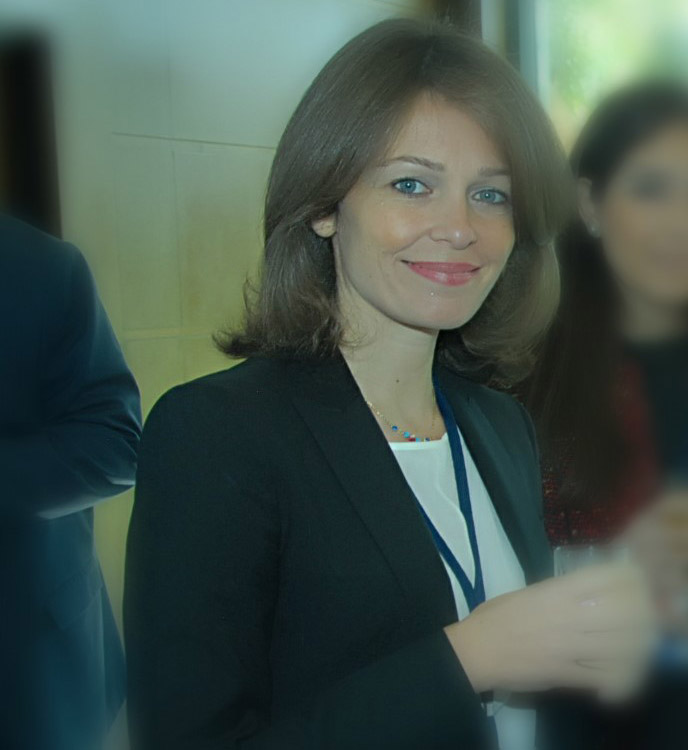Healing the Self: An Experience of Post-Earthquake in Nepal
By Meenakshi Dahal When I reached the shelter after a week, Rabin (name changed), age 5, came running towards me asking why I was not there for about a week. I asked smiling, whether he missed me. He slowly replied, “yes, I was waiting for you every day. We had nothing to do.” And I asked why? He didn’t answer, just looked down at the floor. I just opened my bag as before and took out the colors and papers. He picked some of the colors and started sketching. From the corner, a lady told me this boy is not good. And I asked what happened? She said he was stealing things from the shop. I looked at the boy’s face, he was working at his own pace, as if he didn’t listen to us. “It was mid-day of Saturday, 25th April 2015. Things started to shake and it took a few minutes to comprehend that it was an earthquake. I was with my friends in the open ground. We didn’t understand what was happening. What could we do? We were starring each other’s face with fear. We started listening to people’s screaming and the sound of buildings and compound walls collapsing. At...
Share Your Stories of Children’s Positive Healing Experiences
 Please share your practical stories of helping children deal with stress and trauma with our Peace Building Working Group. How do children learn to feel safe and secure, and develop resilience, when faced with violence and natural disasters? Learn more…...
Please share your practical stories of helping children deal with stress and trauma with our Peace Building Working Group. How do children learn to feel safe and secure, and develop resilience, when faced with violence and natural disasters? Learn more…...
SRI LANKA — Nanditha Janajeevi Hettitantri, IAG
When the tsunami struck Sri Lanka, children’s lives were dramatically changed. Nanditha Janajeevi Hettitantri shares the need for systems to help children deal with natural disasters....
SIERRA LEONE — Marrtin Bangura, Updates Ebola Crisis
The Ebola Crisis in Africa once dominated the news but now is seldom visible through the media, yet the impact on children and families continues. Marrtin Bangura interviews community members to help us understand what is happening for people in the wake of this epidemic....
ONTARIO — Glory Ressler Reports on Ontario’s College of Early Childhood Educators
Ontario, Canada is one of very few jurisdictions where a professional regulatory body for early childhood educators has been legislated....
A Conversation About Children’s Rights
by Ellen Hall and Alison Maher - Response by Pam Boulton Do Children have rights? How can they be active participants in the classroom? And what does this have to do with the United Nations Convention on the Rights of the Child? Ellen Hall, Alison Maher and Pam Boulton, of the Working Group on Children's Rights discuss these questions and more in this article from Exchange magazine, May/June 2012....
Seen and Heard: Children’s Rights in Early Childhood
By Ellen Lynn Hall and Jennifer Kofkin Rudkin (foreward by Bonnie Neugebauer). Teachers College Press, 2011 Using examples from a Reggio-inspired school with children from ages 6 weeks to 6 years, the authors emphasize the importance of children's rights and our responsibility as adults to hear their voices. Seen and Heard summarizes research and theory pertaining to young children's rights in the United States, and offers strategies educators can use to ensure the inclusion of children's perspectives in everyday decisions....
NEPAL — Meenakshi Dahal, Studies Impact of Earthquake on Children
To our great delight Meenakshi Dahal and Kirsten Haugen joined Roger and me for brunch at the Café. Meenakshi began spending time with children in Bhaktapur, Nepal, after the earthquake, playing together with simple toys. She has collected some of their drawings in order to study how they are coping and to share with others how children use art to express their emotions and ideas following trauma....
LEBANON — Maysoun Chehab Reports on Refugee Crisis
Roger interviewed Maysoun Chehab, Coordinator of the WF Global Leaders program in the Arab Region, about her work through UNESCO with Syrian refugees. She is passionate about educating children who become refugees so that they live lives of hope rather than despair and disenfranchisement. Listen to this audio interview to hear about this critical work. ...
Seeking Collaborators to Contribute their ‘Voices of Experience’
Do you, or have you ever worked in a children’s home? Do you feel you have observed a positive outcome? If so, we need you! We are seeking collaborators to contribute with their ‘Voices of experience’ for our Working Group: Rights for Children living in Children’s Homes. The 10 Rights were drafted with infants and young children in mind, yet according to us, the realization of these points or rights could also improve the quality of life of older (school-aged) children living in institutions. If you would like to collaborate, please contact [email protected]. Our goal is to publish a book based on The Ten Essential Rights of Infants and Young Children living in Children’s Homes, as part of our Working Group RCCH of the World Forum Foundation, and include ‘voices of experience’ from international collaborators. Main authors and editors: Anna Tardos (Hungary) and Elsa Chahin (Mexico). Our big idea for change is to improve the outcomes for children reared in residential group care around the world. We base our goals on our knowledge that children can be reared in residential group care in ways that result in positive results – children who grow up to be healthy, productive citizens – indistinguishable from a cross section...


